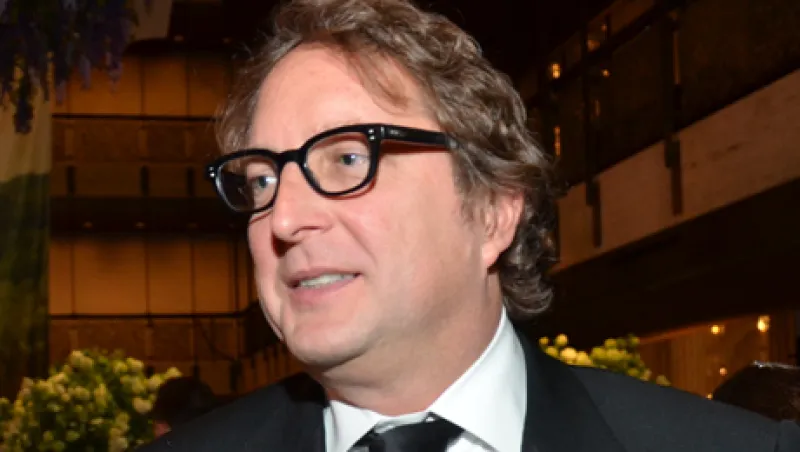“You always have to make certain market assumptions,” Harbinger Capital Investments founder Phil Falcone said at Delivering Alpha in September 2011. “My assumptions are that mosquitoes will still bite, fish will still eat, batteries will still die.” In retrospect he left out a lot of possibilities, but he was referring to the growing market for his “best idea”: Spectrum Brands, which makes batteries, bug sprays, pet supplies and other consumer staples that sell at a 10 to 12 percent discount to the competition.
At the time, Spectrum’s stock was trading just above $24. Falcone was looking for the price to reach the mid- to high 30s. “This isn’t the highest octane stock in my portfolio, but it’s very stable,” he said. He was particularly pleased with the cash flow outlook. A free cash flow of $155 million included $45 million in restructuring charges. The cash flow yield was around 11 to 12 percent and he thought it would move up to the mid-teens.
“That’s where you want be in this marketplace,” said Falcone. “You don’t want to be in a company that isn’t generating free cash flow.” His evaluation prompted fellow panelist Leon Cooperman of Omega Advisors to observe that equity markets had no shortage of opportunities. “Do you ever feel like a kid in a candy store?” he asked Falcone.
Today that is most certainly not the way Falcone feels. The SEC has filed fraud charges accusing him of misappropriation of client assets, favoring select investors and manipulating bond prices. But Spectrum, which Harbinger Capital helped create in its present form — leading it through a restructuring in 2009 that eliminated over $800 million in subordinated debt — has fared better. The Madison, Wisconsin–based company has continued to increase its revenue through acquisitions and geographic expansion. True to Falcone’s predictions, the share price rose to the mid-30s in April, though it declined to just over $32 as of the last week in June. An S&P report that came out in late June expressed concern that Spectrum increased its debt this year to fund acquisitions, shifting its focus from deleveraging. Still, the biggest problem the company is likely to have in the months ahead is its close association with Harbinger.
Falcone’s hedge funds own just a fraction of Spectrum, but the funds in Harbinger Capital own over 90 percent of a publicly traded holding company, Harbinger Group, which owns 57.5 percent of Spectrum. Falcone’s lawyer, Matthew Dontzin of The Dontzin Law Firm, issued a statement saying all charges will be “vigorously defended in the courthouse.” Falcone’s legal problems will have no impact on Spectrum, says Lew Phelps, a spokesman for Harbinger Capital.
However, if the saga were to end with any kind of securities-industry ban, the Harbinger Capital hedge funds might have to unload their shares of Harbinger Group. William Schmitz, an analyst at Deutsche Bank who follows Spectrum Brands, thinks Harbinger Group’s stock would suffer more than Spectrum’s. If that happens, he sees a unique short-term opportunity. “It could be a chance to buy shares of Harbinger Group well below the asset value,” says Schmitz. “Harbinger Group’s main holding is Spectrum, so you’d get exposure to a solid company at rock bottom prices.”
As it is, Schmitz believes Spectrum’s stock could be 10 to 15 percent higher if Harbinger Group owned less of the company. That is not so much because of any perceived taint from the SEC action as the fact that with Harbinger Group as the majority owner, the company’s stock is not actively traded.






